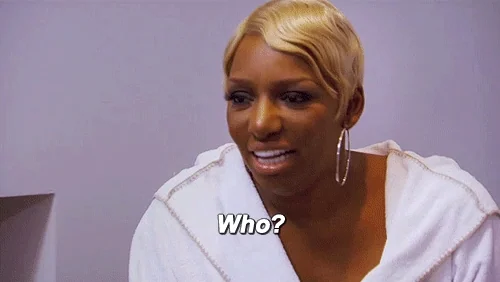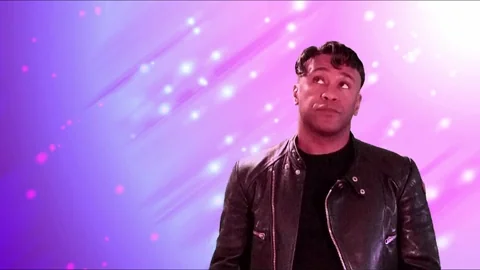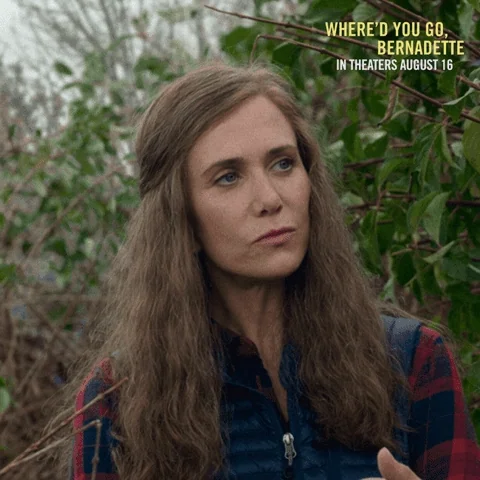Originally published at: Margaret Atwood on AI | Boing Boing
…
Stephen King also wrote a piece.
It’s more difficult for those who aren’t frequent or close readers to spot the uncanny valley effect of AI-generated copy than it is to discern it in visual images or audio clips, but there’s definitely still something missing.
And in this morning’s New York Times, Farhad Manjoo has apparently just come to grips with ‘A.I.’ and deems it ‘no threat’ to creative folks,
In the face of all the possible actions against A.I. and its makers, I’d suggest caution. I’ve been thinking a lot about whether musicians, painters, photographers, writers, filmmakers and other producers of creative work — including, on good days, myself — should fear that machines might damage their livelihoods. After extensive research and consultation with experts, I’ve arrived at a carefully considered, nuanced position: meh.
For my money (of which the cupboards grow worrisomely light) i’d suggest that while crafting huge statistical engines parameterized on scraped/filched human efforts are not by themselves end-of-days, it’s to what other humans do with this ease of derivatization and duplication and economic consolation that is alarming. (“So you say that your new venture ‘Creative Solutions’ employs not a single person besides your accountant?” “Well, my accountant is only providing information for the algorithm to eventually replace him”)
What would Farhad Manjoo know about creative people?
I hope this leads to a bias towards embodied performance, the record of the hand, and oral traditions of storytelling though.

AI will never replace real artists because art is simply a thing which people do. We’ve been painting and singing and making things since even before we were humans.
What AI will utterly destroy is the ability to make money from art. It will be especially devastating to the secondary areas that are most artistic bread-and-butter jobs like background music, graphic design, copy writing, stock photos, etc… Basically, anything which is less “art” than “content”
Then again, the same will very shortly be true for most office, customer service, and labor jobs, few of which people do for the fun of it.
It’s time to start planning UBI. Not just talking about it, we need to get started now.
I know of him from his time as Slate’s tech editor…over a decade ago? God I’m old.
Anyway, while I do not remember specifics I remember reading eye rolling bad take after back take back in the early-mid-oughts
And his opinion on why AI is fine and won’t harm artists matters because…?
Which is already so rare that few artists can afford to be full-time artists. Art is always treated like some kind of perk or extra, the first thing to get cut and the last thing to get funded.
To be fair, I don’t want to see A.I. abolished. New technologies should be explored in art. What I would like is to see artists being very, very up-front about when & how they’re collaborating with a machine, and possibly some related regulatory laws for businesses, i.e. requiring them to label or limit A.I.-generated art in such a way that it might discourage them from choosing it over human artists. It’s the hot item right now because corporations just see dollar signs: fire the art staff, use the A.I., here comes my holiday bonus!

And when you cut arts funding, pretty much the only people who will be able to make art for a larger audience will be the wealthy, and more often than not, their art will work to reinforce the ruling hierarchy from which they benefit. Same with any of the humanities and social science. We have completely denigrated all those fields, made them into “luxuries” when they really are central to our being human. That’s why the culture industries are so lucrative, because humans are hardwired to be creative, and that’s been captured and commodified, and made into some specialized thing that only the “real” talented people get to do…
But of course, how it’s being rolled out right now is doing the work of reinforcement of ruling hierarchies I mentioned above. It’s being pushed to replace artists not to supplement them - just look at the writers/actors strike and how central this is to what they want out of this.
This is key, but as long as corporations have a stranglehold on much of congress, not much is going to change with regards to creating a sane set of regulatory laws…
This right here is what destroyed everything good about the internet…and maybe the world- when analysis, news, opinion, criticism, fiction writing, films, books, TV Shows stopped not only being art, but stopped being thought of as distinct things by the corporate overlords. It’s all just “content”
They did that without AI by eliminating the long standing norms and processes in each of those areas so they could make humans pump out the homogenized SEO sludge that fills feeds today. This is just the next step in that.
I am hopeful as that model starts to collapse and people are driven out of it anyway by AI that we will start to see a new wave of quality, independent, reporting, criticism, and entertainment that is funded in a more grassroots, bottom up way, like what has been happening with Patreon over the last decade. I am also hoping that things like FedNow will make it easier for creators to stay out of platforms like Patreon and host themselves outside of the whole world of content platforms, and allow people that create the kinds of work that payment companies don’t like to escape from them (I have friends who did online sex work that regularly would just have their accounts and funds seized by paypal, square, and everyone else for violating their anti-sex work policies) . I guess I want to go back, in some ways, to the days of the internet before capital P platforms.
Basically, I want to be able to pay someone to make and host a really cool GOPHER site.
At least AI generated works aren’t copyrightable, at least in the US. That should discourage industries that rely on copyright from utilizing it too heavily - at least until they figure out what mix of human they have to add to qualify for copyright.
I cannot tell you how desperately weary I am with people who get paid very, very well to write shitty column after shitty column after shitty column, and who are allowed to continue inflicting themselves upon the rest of us.
I would really love it if there were someday, somewhere, a newspaper or magazine editor who’d come out and say, “Farhad Manjoo’s latest column (or David Brooks or Matt Yglesias or Thomas Friedman or Maureen Dowd or Bret Stephens or Nicholas Kristof) just shows what an incompetent dumbfuck he is, and not only are we never going to publish him again, we’ve also marooned him on an island in the North Atlantic so no one else can ever publish him either.”
I definitely do not think it does
Tech bros love explaining things they don’t understand almost as much as they love trying to replace them.
Sort of my original point…

I was tired and my sarcasm detecting third eye was closed ![]()
… the New York Times has a questionable record in its many previous attempts to tell us what we should and should not be concerned about
… an expert on exploiting writers, who spent every day wondering how to get more and better content out of fewer and worse creators ![]()
I read this earlier, and boy did it annoy the fuck out of me. He so completely misses the point - hell, multiple points. He makes his “meh” statement, but then jumps to “it won’t replace great art” as an argument, which isn’t the point (or even relevant to his own claims). It’ll replace commercial artists, which is where the jobs are. He points out that photography didn’t destroy painting - and leaving aside that photography did destroy a lot of the niches where painters made their living, commercial photography replaced one illustrator toiling for days with a photographer capturing one moment, but also requiring a model, a set maker, a make-up artist, a wardrobe person… all to create that one moment. It’s quite different from “I type in a sentence to create an image (and all the labor that went into creating the resulting image was done by uncompensated and now unemployed artists).”
His claim that “philosophically” software using applied statistics to recreate the work of a given artist is the same as a human artist imitating someone is just too stupid to get into.